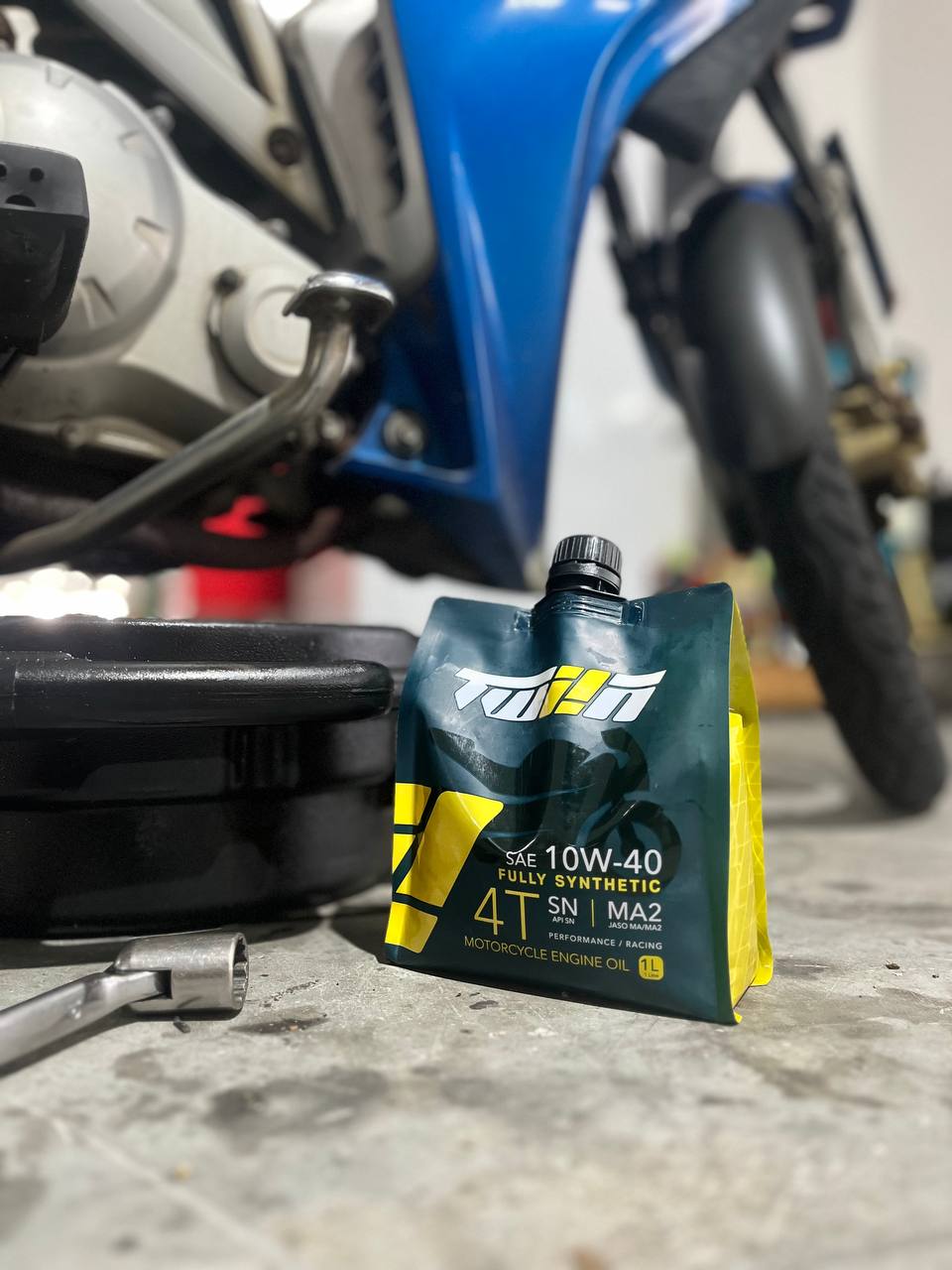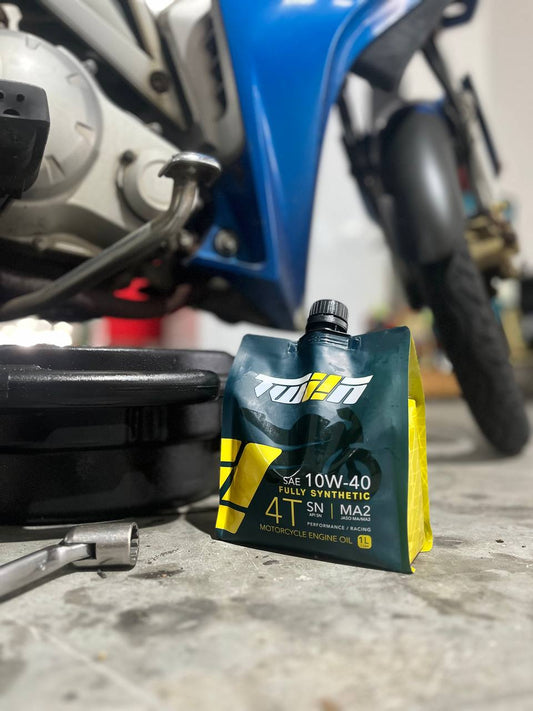When it comes to engine oils, the term "synthetic" can be confusing. While many people assume that synthetic oils are entirely man-made, the reality is that some synthetic oils contain a blend of synthetic and mineral oils. This practice has come under scrutiny from some experts, who argue that using mineral oil in a "fully synthetic" product is misleading to consumers.
One notable example of this controversy is the lawsuit between Mobil and Castrol in 1999. Mobil filed a lawsuit against Castrol, claiming that the company's "SynTec" motor oil was not a true synthetic oil because it contained hydroisomerized mineral oil. Castrol argued that its oil was indeed a synthetic oil because it contained a synthetic base oil (polyalphaolefin or PAO) and that the use of mineral oil was a common practice in the industry. In the end, the lawsuit was settled out of court, but it highlighted the debate over what constitutes a "synthetic" oil.
Today, many lubricant manufacturers use a blend of synthetic and mineral oils in their "fully synthetic" products. While these blends can offer excellent performance and protection, they may not meet the strict definition of a synthetic oil. Some experts argue that using mineral oil in a synthetic oil is misleading to consumers, who may assume that a fully synthetic oil is entirely man-made.
If you're interested in using a 100% synthetic oil, it's important to check the product labeling and specifications. Look for products that are specifically labeled as "PAO synthetic," "fully synthetic PAO," or "100% synthetic PAO." These products are more likely to be based on pure PAO without any mineral oil or other additives.
Another way to determine whether an engine oil is based on pure PAO is to check the product's viscosity index (VI). PAO-based synthetic oils typically have a higher VI than mineral oils, which means that they are more resistant to viscosity changes at high and low temperatures. If the engine oil you're considering has a high VI (above 140), it's more likely to be based on pure PAO.
It's worth noting that blends of synthetic and mineral oils can offer excellent performance and protection, and may be more affordable than pure PAO-based synthetic oils. However, if you're looking for a 100% synthetic oil, it's important to do your research and choose a product that meets your specific needs.
In conclusion, the use of mineral oil in "fully synthetic" products is a common practice in the lubricant industry. While these blends can offer excellent performance and protection, some experts argue that the use of mineral oil is misleading to consumers who may assume that a fully synthetic oil is entirely man-made. To ensure that you're using a 100% synthetic oil, check the product labeling and specifications or consult with the lubricant manufacturer or a trusted mechanic or oil expert.



